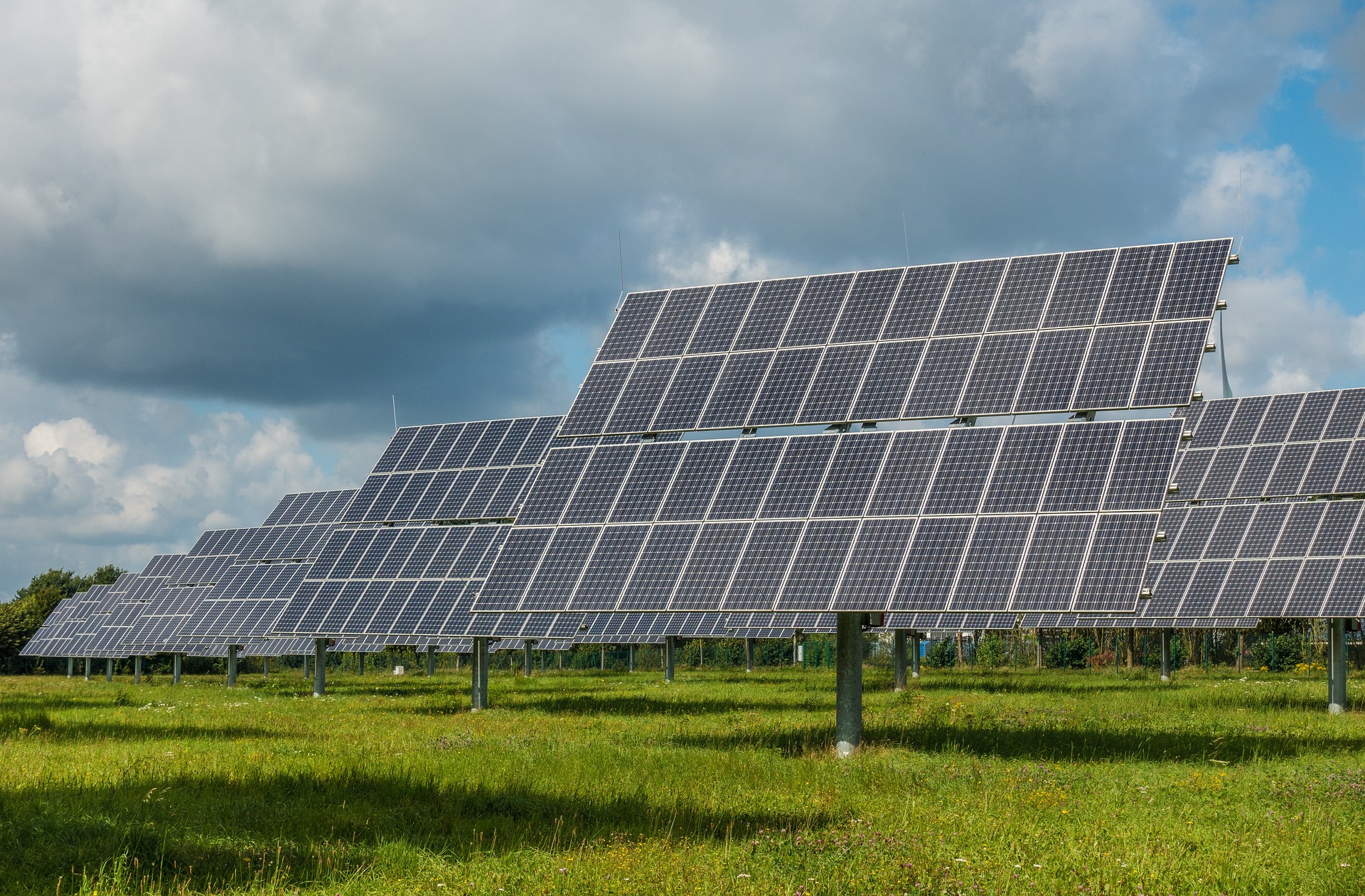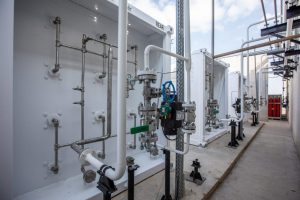
The steady increase in installed capacity has led to a new solar power plant peak every month since February this year.Continue reading
Hungary’s first hydrogen production plant was inaugurated in Kardoskút. The project will enable the electricity system to store large amounts of surplus electricity from renewable energy sources (solar cells) in the form of hydrogen, up to several hundred megawatts for long periods of time, even months.
A new era is beginning in the history and development of Hungary’s energy and hydrogen economy. “We have created a new world,” the Hungarian energy minister said Tuesday in Kardoskút (southeastern Hungary), where Hungary’s first hydrogen production plant was inaugurated.
Csaba Lantos emphasized that
this is the first step towards the real breakthrough of hydrogen technology and the hydrogen industry in Hungary, the reduction of the country’s energy dependency, and the development of high-performance, low-cost and seasonal electricity storage.
Ákos Kriston, CEO of Hungarian Gas Storage Ltd (Magyar Földgáztároló Zrt.), explained that as part of the Akvamarin project, Hungarian Gas Storage Ltd has installed a 2.5-megawatt electrolysis system and associated hydrogen gas processing technology in the Kardoskút underground gas storage facility.
He explained that with the help of electrolysis using electricity, tap water is broken down to hydrogen and oxygen, and the hydrogen is stored after an increase in pressure. There are two possible uses: as raw material to sell the hydrogen in tankers, or as a feedstock for natural gas, which is mixed with gas-fired compressors.

Tank level controller at Hungary’s first hydrogen production plant (Photo: MTI/Tibor Rosta).
The CEO emphasized that a completely new infrastructure was not built in Kardoskút, but that the existing natural gas storage facility was adapted for the project. At the moment, a small amount of hydrogen can be produced, 400 cubic meters per hour.
The 2.5-megawatt electrolyzer was installed in cooperation with four universities and a research institute, and experience has been gained with its operation.
The current project deals with surface technologies, but they are part of another international consortium investigating the potential for storing hydrogen in porous rock layers below the surface. As part of a third consortium, they are also applying to research the injection and extraction of pure hydrogen into and from storage layers, according to Kriston.
The CEO said he hopes they will be able to experiment with hydrogen reconversion to electricity and liquid storage and develop marketable processes as part of Akvamarin Plus starting in September.
The R&D project cost 5.6 billion forints (15 million euros), of which 2.5 billion forints (6.7 million euros) was financed by the state.
via MTI, Featured image: MTI/Tibor Rosta